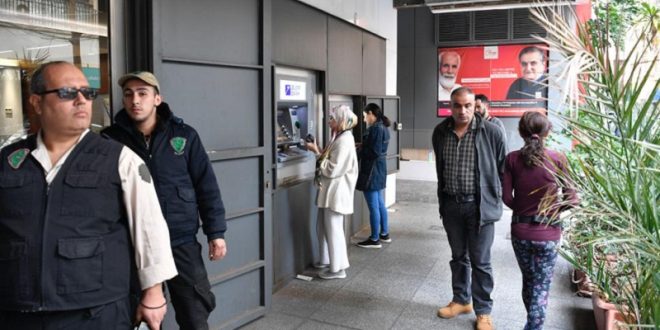The Central Bank of Lebanon is finalising a long-awaited plan to address the country’s protracted banking crisis, marked by more than $80bn of dollar-denominated deposits that remain largely inaccessible. The losses stem from a vast mismatch between assets and liabilities within a paralyzed financial system. Early drafts of the plan suggest a framework for distributing losses and restructuring the sector, but the proposals have already stirred controversy.
The official plan envisages returning about $21bn to depositors, writing off roughly $32bn, and converting a further $32–34bn into long-term bonds and bank shares to be held by depositors for up to 15 years. LIMS observed that the proposal’s feasibility remains doubtful, especially in the lead-up to the 2026 parliamentary elections. Depositors will have to take a substantial haircut especially that the promised bonds and shares are unlikely to retain value. Bank shareholders, meanwhile, are reluctant to see their capital wiped out. Parliament, caught between depositors demanding restitution and bankers resisting losses, is likely to continue delaying the legislation.
An alternative proposal, circulating quietly among political circles, suggests using Lebanon’s gold reserves — valued at roughly $40bn — to bridge the gap. LIMS has warned against such a move, noting that pledging gold would require a change in law and could expose the country to renewed fiscal mismanagement. Without meaningful monetary and financial reforms, the gold proceeds risk being squandered just as the previous financial inflows were.
Other ideas, including the creation of a sovereign wealth fund issuing asset-backed bonds, have gained little traction. LIMS argues that the poor condition of state assets such as electricity, water, and telecommunications makes them difficult to monetize. Opening these sectors to private competition would yield greater long-term value than preserving monopolies prone to political capture and corruption.
- Race With Time To Save Lebanon From The Gray List, Hindered By Cosmetic Reforms, September 4, 2025: Al Bashaer, Audio Interview AR
- LeDrian In Beirut.. French Support Conditional On Reforms And Monopoly Of Weapons, September 12, 2025: Shams TV, Video Interview AR
- The Financial Gap In Lebanon Reaches $80 Billion: Distribution Mechanisms And Proposed Solutions, September 22, 2025: Beirut 24, Video Interview AR
- 87 Billion Dollars Losses: Banque Du Liban’s Plan To Restore Deposits Between Reality And Ambition, September 29, 2025: Sky News Arabia, Video Interview AR

